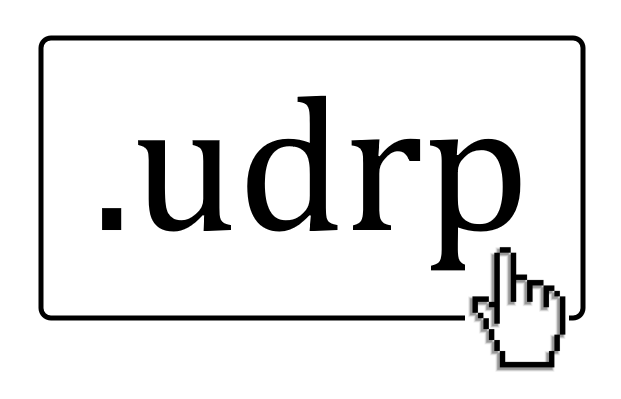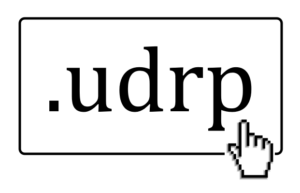
 A very interesting article on the issue of proving bad faith in domain name disputes was recently published by Domain Name Wire. The World Intellectual Property Organization panelist Tony Willoughby wrote a decision that reflects a key requirement of UDRP: that a domain has to be registered in bad faith, not just used in bad faith.
A very interesting article on the issue of proving bad faith in domain name disputes was recently published by Domain Name Wire. The World Intellectual Property Organization panelist Tony Willoughby wrote a decision that reflects a key requirement of UDRP: that a domain has to be registered in bad faith, not just used in bad faith.
The two companies involved in the dispute were:
- The complainant: Adventure SAS, a French company that manufactures and sells paramotors, paragliders, and trikes, which it promotes and sells under and by reference to the name “Adventure Paramotors”. It is the registered proprietor of a French trade mark covering a highly stylized design featuring an illustration of a paramotor in flight, suspended under an open parachute.
- BlackHawk Paramotors USA (BlackHawk), a distributor of Adventure SAS’s goods but that relationship was terminated
The disputed domain was “AdventureParamotorsUSA.com”, registered on 26 March 2018.
It was noted that BlackHawk seemed to be currently using the domain in bad faith, but that is not necessarily enough to provide bad faith in domain name disputes. The website states that it is a ‘certified reseller’ of the Complainant’s products, which is no longer true. When the Complainant asked the Respondent to shut down the website, the Respondent said it would do so for $10,000 to help recover the cost.
While this would seem like a slam dunk case, we are reminded that the UDRP states a domain must be “registered” and used in bad faith, not just used in bad faith. Therefore, this requirement to prove bad faith was only partially met. Panellist Willoughby noted in his decision that it’s quite clear the domain was registered in good faith as part of a reseller arrangement. At the time of the domain name’s registration, the two companies started a new commercial arrangement and no objections were made.
BlackHawk didn’t respond to the dispute, but Willoughby found that Adventure SAS filed the dispute in abuse of the policy because it was clear that the domain wasn’t registered in bad faith.
If after considering the submissions the Panel finds that the Complaint was brought in bad faith, for example in an attempt at reverse domain name hijacking or was brought primarily to harass the domain name holder, the Panel shall declare in its Decision that the Complaint was brought in bad faith and constitutes an abuse of the Administrative Proceeding.
Domain name disputes can be complicated to navigate and it is critical that all elements of a dispute are proven, especially with regards to bad faith in domain name disputes. Specifically:
(i) The Domain Name is identical or confusingly similar to a trade mark or service mark in which the Complainant has rights; and
(ii) The Respondent has no rights or legitimate interests in respect of the Domain Name; and
(iii) The Domain Name has been registered and is being used in bad faith.
Contact brandsec’s domain name dispute team for a free assessment of domain name related issues or disputes.
About brandsec
Brandsec is a corporate domain name management and brand protection company that look after many of Australia, New Zealand and Asia’s top publicly listed brands. We provide monitoring and enforcement services, DNS, SSL Management, domain name brokerage and dispute management and brand security consultation services.
